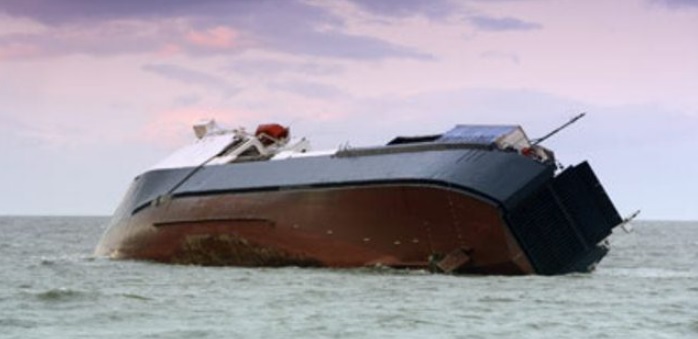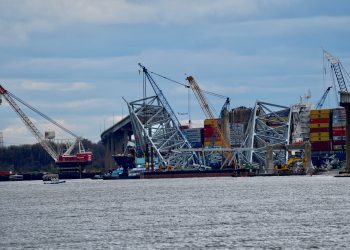During the 2019 SAFETY4SEA London Forum, Mr. Elias Psyllos, VP Commercial and Risk Management, T&T Salvage mainly presented a case study to demonstrate effective ways in handling of emergencies.
A salvage operation is expensive as it’s a very unique operation that needs many lessons learned and there’s a lot of feedback coming out for the operators.
One shipowner told me that a lesson I learned is that I paid you millions of dollars. Yet, that’s not the only thing.
What we learn from the exercise is that we are part of a mission and you have to activate the Emergency Response Company fast.
This is where the US regulations come to play in our industry; for instance, a German shipowner had an OPA 90 agreement. We were mobilized in hours. We didn’t have to review a contract or take any actions; mobilization followed the incident and there was a critical response.
Moving forward, everybody considers that ship agents don’t play a role in the operation as much as we think. But there is a misconception that we should continue our operations without charterers and agents. There are huge conflicts of interest that follow up if you continue working with your charterer’s agents.
If the owner declares general average, later during cargo storage salvage security, general average security the release of the cargo, after storage and security has been hastened. The release of the cargo and the presentation of the bill of lading, everything has to be handled by your own protected agent.
A lot of owners go back to their masters and ask for information; their master can not do that. A master can not get into a diving suit and go check. The master can give them some soundings. Most of the times we’ve been on cases, the soundings are wrong.
You need to get an expert on the job and get all the information you want, as they are critical and help the salvage company to prepare a refloating and salvage plan and take action.
Every information that is collected on the initial stages it goes into a plan on how to react.
The interaction and interaction with local authorities is one of the important steps and lessons that we’ve learned in most cases.
The local authorities are important and you have to make them feel important.
Regular contact with the port authorities, regular advice, the next steps, everything. The moment they are informed, the moment they are not going to intervene in your project.
The next step is the salvage plan. A bathymetry survey is very important. Know where your vessel stands.
The case we are running now is in Libya. Because of the unique country political and social conditions that we’re facing, the whole salvage theme is working through a heavy lift vessel. We notice that it was more expensive to use a number of resources, moving in and out people from the hotels and everything. This ship costs 40,000 euros a day but if you collect all the costs throughout the operation and house it in one ship it’s pretty effective.
Of course, protecting the environment, planning forward for a port of refuge for the cargo release and everything, but the most important thing for you now is to exercise a plan and salvage scenario as much as you can.
Above text is an edited version of Mr. Elias Psyllos’ presentation during the 2019 SAFETY4SEA London Conference.
You may view his presentation herebelow
The views presented hereabove are only those of the author and not necessarily those of SAFETY4SEA and are for information sharing and discussion purposes only.
Elias Psyllos, VP Commercial and Risk Management, T&T Salvage
 Elias Psyllos is the Vice President of the Commercial and Risk Management Department of T&T Salvage based in Houston Texas. He is responsible for commercial, legal, and technical support to daily global company operations. He supports business development and client relationship management activities. He also oversees internal insurance and risk management matters to include policy management and claims reporting and acts as Project Manager on company operations. Prior experience includes 15 years as a Risk Manager for a London-Greek Shipowning Group. He was overall responsible for the Group’s Marine Insurance and claims. For 4 years he served as a member of the Group’s Marine Operations Team, actively involved in the management of Oil Tanker and Bulk Carrier fleet.
Elias Psyllos is the Vice President of the Commercial and Risk Management Department of T&T Salvage based in Houston Texas. He is responsible for commercial, legal, and technical support to daily global company operations. He supports business development and client relationship management activities. He also oversees internal insurance and risk management matters to include policy management and claims reporting and acts as Project Manager on company operations. Prior experience includes 15 years as a Risk Manager for a London-Greek Shipowning Group. He was overall responsible for the Group’s Marine Insurance and claims. For 4 years he served as a member of the Group’s Marine Operations Team, actively involved in the management of Oil Tanker and Bulk Carrier fleet.































































